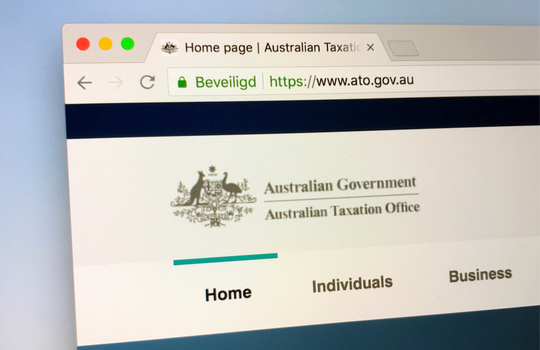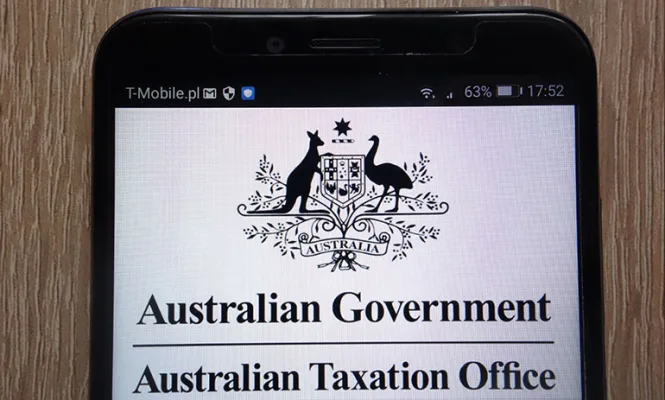In the recent Xerocon event, ATO boss Chris Jordan says all future tax returns will be fully digitalized by 2030. When it happens, tax returns will be fully automated since you can link your systems directly to ATO.
So do you still need a tax accountant to help you after this?
The hard fact is, you probably do. Australia tax system is one of the most complicated in the world. And, you don’t know what you don’t know. Without full understanding on the tax law requirements, you could loss $$$ on missed deductions or planning opportunities. Or even worse, if you claim incorrect deductions you could expose yourself to heavy penalties when you are audited by ATO.
Below are some statistics we would like to share with you:
- 99% of our new clients (both individual and business) are missing legitimate deductions before they engage our services. Total missed amounts are ranging from a few hundred dollars to thousand or tens of thousands of dollars per year. Some of them did use a tax agent as well. But due to limited time or expertise of their previous tax agents, these clients were not presented with all possible deductions or planning opportunities.
- We noticed that about 30% of our new clients claimed incorrect deductions in prior years. This can also happen when they did work with a tax agent who was lacking time or expertise. Occasionally it could be caused by unethical agents adding deductions without client’s approval or full understanding on the consequences. (Most tax agents are responsible, but there are a small proportion of tax agents who are not delivering services in compliance with tax law or ethical requirements.) Many people have the misconception that if they use a tax agent to help them, they are not responsible on the deductions anymore. But the fact is, the taxpayers are responsible on their own deductions regardless of whether they use a tax agent. If they are audited and can’t provide necessary written evidence, not only they have to pay back the incorrect claimed refund, they could also be subjected to heavy penalties.
- Most missed tax deductions or mistakes happen with people who are lodging returns by themselves. However based on ATO statistics, there are about 50% individual tax payers who are not lodging through tax agents.
Taking the above into consideration, engaging a good tax accountant to help you is definitely necessary at all times. When choosing a tax accountant, apart from their charge rate, below are a few more important factors you need to consider:
- Do they spend enough time with you to explain what items are deductible related to your occupation? If they only spend 5-10 minutes with you in their initial consultation, you are probably missing deductions.
- Do they have a structure to help you to maximize deductions. A well-structured checklist or return template will help you to refresh your memory so that you can add all expenses that could be deductible.
- Are they knowledgeable in other related areas, such as taxes on companies / family trusts, FBT (fringe benefit taxes), tax / legal requirements on super or SMSFs (Self-Managed Super Funds), asset protection and estate planning? All these areas could be inter-connected. You can only minimize taxes (also reduce possible future risks) for your family group when you utilize all strategies from different areas. This is especially important for high income taxpayers or business owners.
Hope this information is helpful to you. If you are interested on what the ATO boss said in the Xerocon, please check out this link: ATO boss outlines future ‘where tax just happens’
P.S.: Now that you know how important it is to use a good tax accountant to help with your return, if you are already our clients, you probably understand what I meant already. Please share your experience with your friends or family members, especially if they are still lodging tax returns by themselves. Let them know that we can offer them first 30-minute consultation 100% free, with no strings attached. They will be thanking you on the extra tax savings! If you are not our clients yet, please don’t hesitate to utilize this free consultation to learn some tax saving techniques too. Due to limited space, please book in with us as soon as you can, ideally before 30 Sep 2022. For anyone who is interested, please email me your request and I will send you the booking link to my calendar. Thanks!
Best Regards,
Brenda Ferguson
Managing Director
CPA, RTA, SAPEPAA
0401763675





